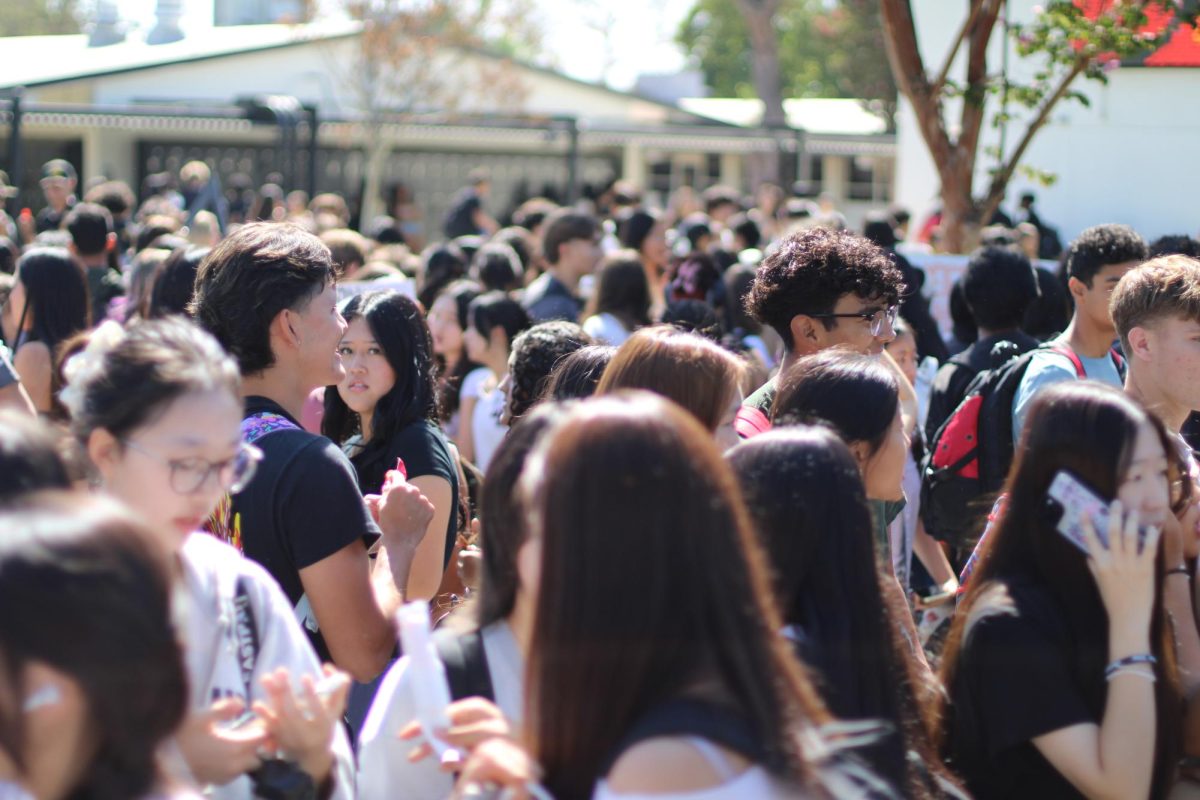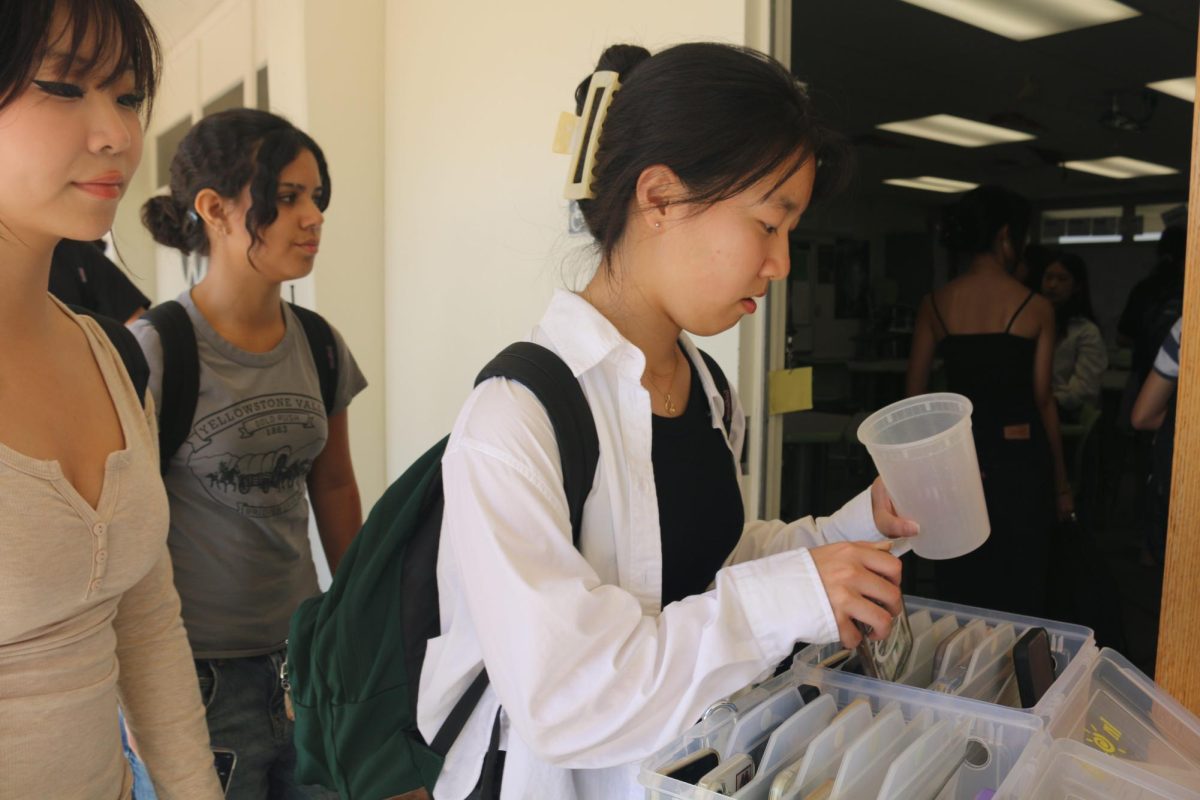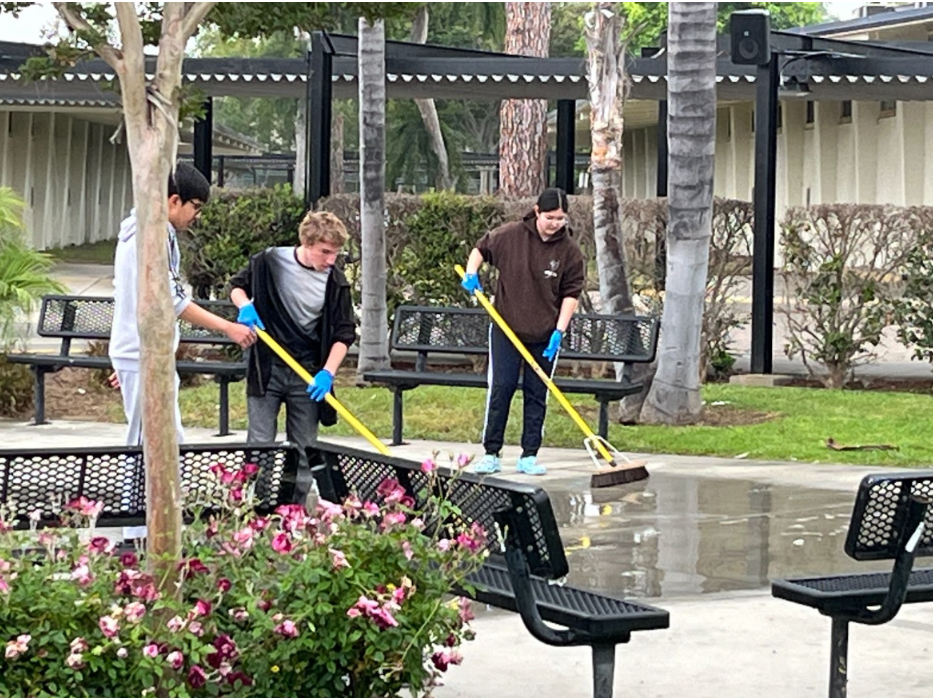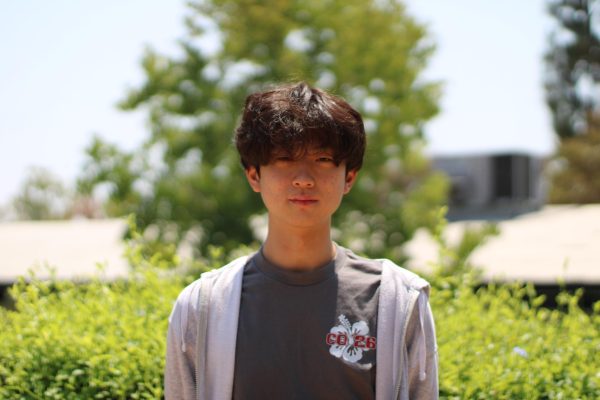“Law & Order” explores passed bills relevant to teachers and students. What impact will these decisions have on the school?
California Gov. Gavin Newsom passed into law Senate Bill [SB] 976, which prohibits internet service and applications from supplying user-generated media and bans notifications to users identified as minors between certain hours without parental consent.
The bill went into effect on Wednesday, Jan. 1, with the law applying to when a social media platform has “actual knowledge” that a user is a minor. Starting Jan. 1, 2027, the threshold will shift to when the platform “reasonably determines” that a user is a minor utilizing possible indicators from available information.
SB 976, also known as the Protecting Our Kids from Social Media Addiction Act, is part of a broader trend in California’s recent legislative actions aimed at addressing the risks posed by social media, particularly to minors.
According to the regulation, “addictive feeds,” defined by the bill as “multiple pieces of media generated or shared by users recommended, selected or prioritized for display to a user based on information provided by the user,” will be banned for minors without parental consent.
Moreover, app operators must also offer mechanisms for parents to limit access to addictive feeds, set daily usage limits, disable likes or feedback visibility and set accounts to private mode. Operators must also publicly annually report the number of minors on the platform, users with parental consent for addictive feeds and the status of parental controls.
Additionally, the bill restricts these platforms from sending notifications to minors between midnight and 6 a.m. and during school hours on weekdays from Monday through Friday, unless parental consent is acquired. These measures aim to mitigate the negative impacts of excessive social media use among young people, including mental health issues and disrupted sleep patterns.
Although the bill was passed, U.S. district judge Edward J. Davila barred the state of California from enforcing key parts of SB 976 on Sunday, Dec. 1, the reasoning being that the change may infringe on the tech company NetChoice’s rights.
In his 34-page order, Davila said the limit on notifications conflicted with the First Amendment and that the bill was not fitted to include all notification types.
“As NetChoice observed at hearing, a sports website such as ESPN can send notifications about, for instance, a minor’s favorite team winning a national championship during prohibited hours, but Facebook could not send the same notification,” Davila said.
The district judge also criticized the mandatory report on the number of minor accounts.
“The court sees no reason why revealing to the public the number of minors using social media platforms would reduce minors’ overall use of social media and associated harms,” he said.
Although Davila issued a preliminary injunction preventing California from enforcing these two provisions, the office of state attorney Rob Bonta will be allowed to enforce the rest of SB 976.
Sophomore Enzo Silva said he supports SB 976 and believes it will bring benefits to minors.
“I think the bill is a good thing because the algorithm might show inappropriate media that kids should not be watching,” Silva said. “There is an added benefit that it will make parents feel safer as their kids will be less addicted.”
While Silva supports the bill, freshman Shizhen Jin said she believes the change will not be helpful.
“I don’t see how ‘addictive feeds’ are addictive and how banning it would help minors,” Jin said. “Majority of the students would be against the bills because social media is their main source of communication, so students may also feel restricted in their freedom.”
Social science teacher Troy Nelson said he is unsure of the outcome that the law will create.
“It should help young people’s mental health as studies have shown psychological health and mental health decline with the addictiveness of social media,” Nelson said. “In another aspect, I think that it’s going to be a weird transition time for young kids because you guys are so used to staring and scrolling and if that’s not there, then you have to replace that with something.”






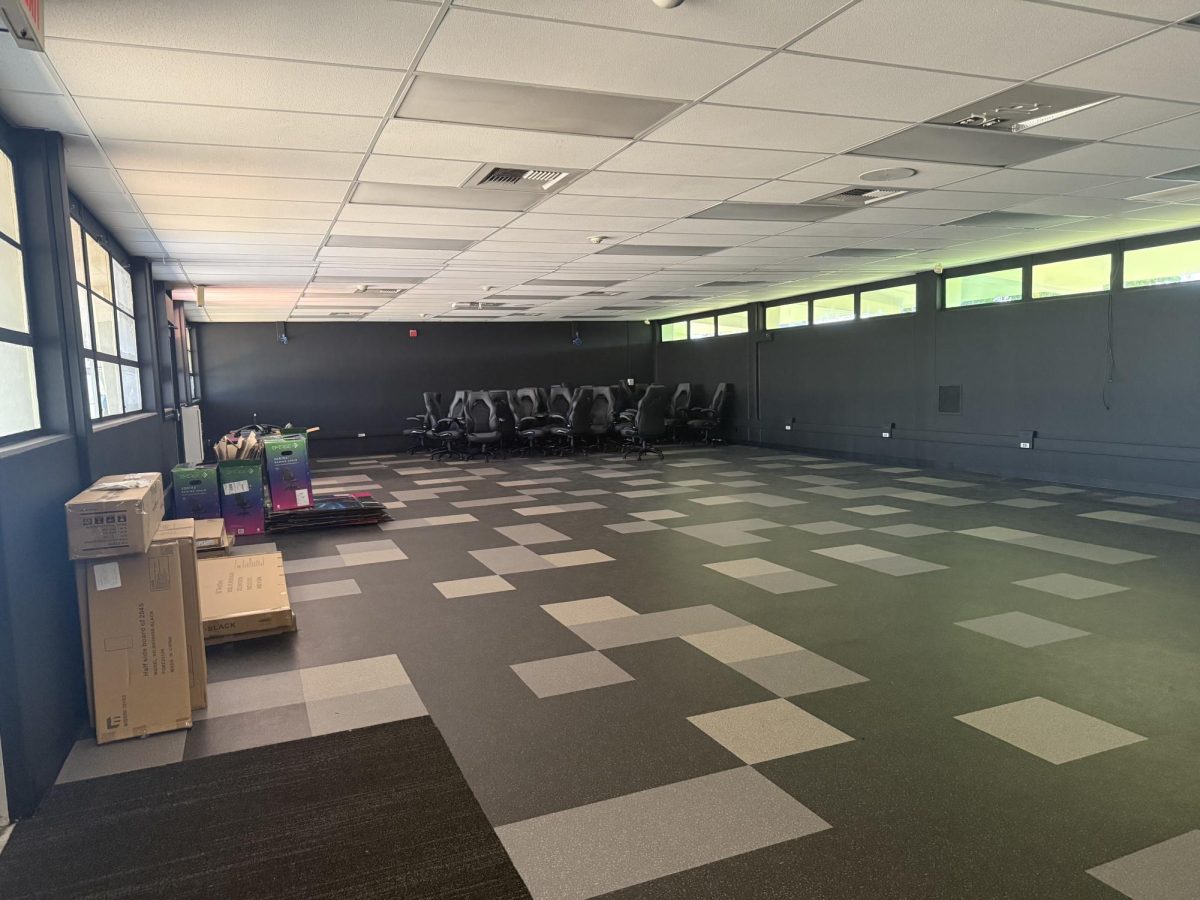
![Students and staff across the Fullerton Joint Union High School District [FJUHSD] received emails promoting a part time job offer with pay. The messages were set from compromised FJUHSD accounts.](https://shhsaccolade.com/wp-content/uploads/2025/09/image1-2-1200x527.png)
